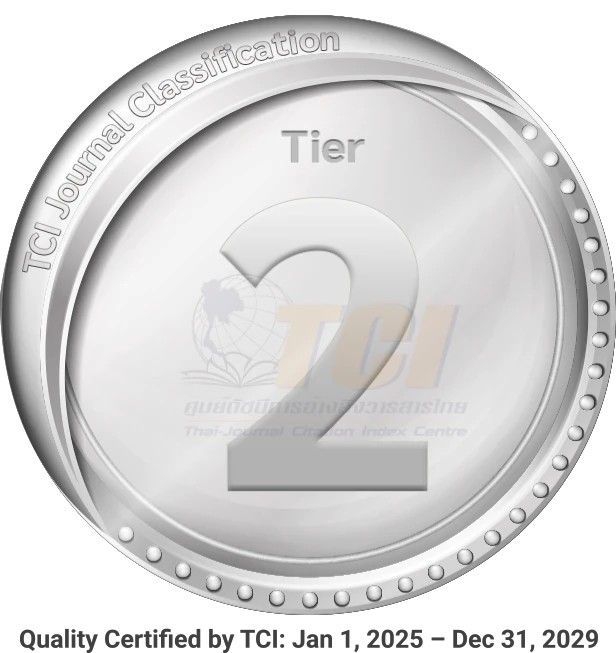Examining the effect of “L2 Motivational Self – System” on L2 achievement of students in a Thai university
Abstract
Motivation plays an important role in second language acquisition. L2 Motivational Self-System was developed by Dörnyei (2009) including three components, ideal L2 self, ought-to L2 self, and L2 learning experience. To my knowledge, only one study employing L2 Motivational Self-System was conducted by Outhaichute & Raksasataya, (2014) in Thai secondary level. The present study is a survey research with an aim to examine the effect of L2 Motivational Self-System on L2 achievement in Thai tertiary level. G*power was employed to determine the appropriate sample size of 138. L2 Motivational Self-System questionnaires adopted from Taguchi, Magid, and Papi (2009) were administered to students in a Thai university. Descriptive analysis was used to describe data sets. Correlation and multiple regression analysis were employed to identify the relationship and effect of ideal L2 self, ought-to L2 self, and L2 learning experience on L2 achievement. The findings showed ideal L2 self and L2 learning experience had positive and significant relationships with L2 achievement. Emphasizing on the effect, Ideal L2 self and L2 learning experience had statistically significant and positive association with L2 achievement while ought-to L2 self had no statistically significant influences. L2 learning experience was found to be the strongest predictor of L2 achievement. The present study also provided an evidence to support that L2 Motivational Self-System may not be good predictors for L2 achievement.




